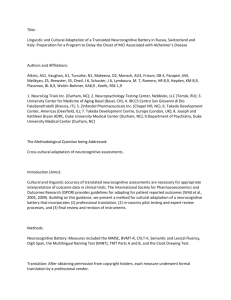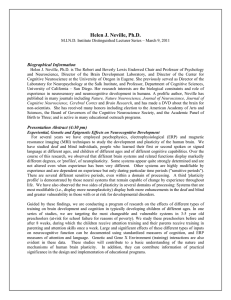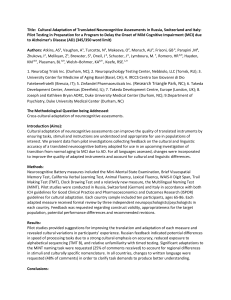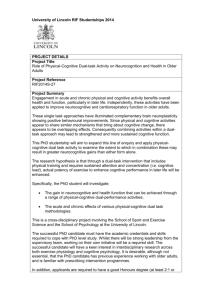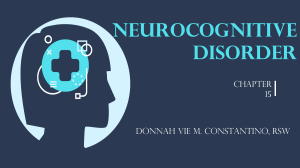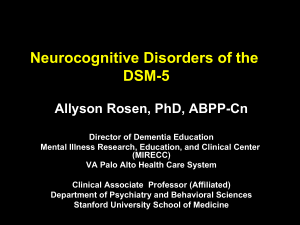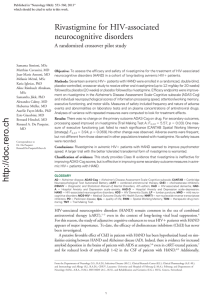Some Questions About Neurocognitive Networks Steven Bressler
advertisement
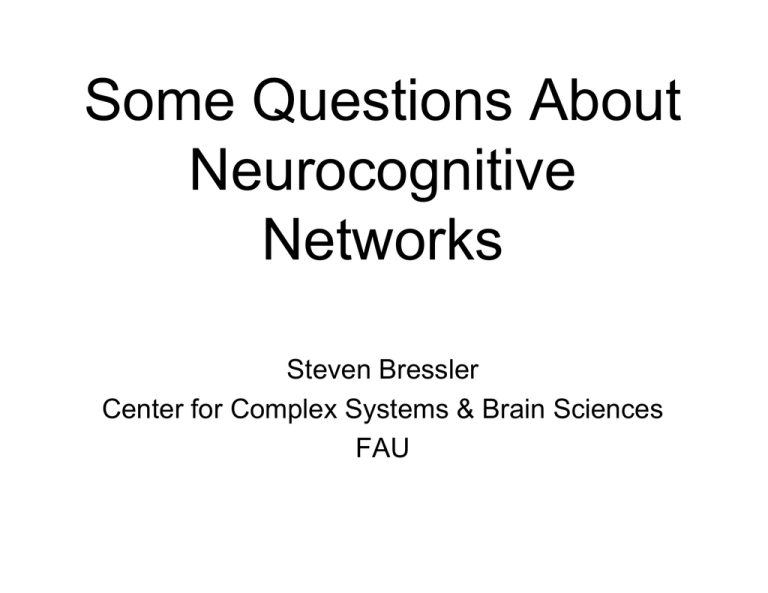
Some Questions About Neurocognitive Networks Steven Bressler Center for Complex Systems & Brain Sciences FAU What is a Network? • A network is a physical system that has graph-like properties. • A graph is “an abstract representation of a set of objects where some of the objects are connected by links”. – – The objects are called “nodes” or “vertices”. The links are called “edges”. What is a Brain Network? • A brain network is a large-scale system in the brain consisting of distributed neuronal populations (nodes) interconnected by axonal pathways (edges). – – – Anatomical Structure Intrinsic Connectivity Dynamic Interdependency Does The Brain Need Networks? • Serial processing, as found in the PNS, is too rigid. • Networks allow flexible interaction by reentry. • Networks allow interactions among nodes in flexible combinations. What is a Neurocognitive Network? A neurocognitive network is a brain network that is organized to perform a cognitive function. Does Cognition Need Brain Networks? • Brain networks allow integration of activity from different domains. • A brain network node may process the same inputs within different contexts provided by the network. • Different “core” brain networks may be responsible for specific cognitive functions. How Can We Understand Neurocognitive Networks? • Function – Exploration of their spatial organization and conditions of cognitive involvement • Dynamics – Exploration of their temporal organization and principles of coordination • Modeling – Exploration of their spatio-temporal properties in computer simulations • Theory – Formulation of principles governing their involvement in cognitive function
